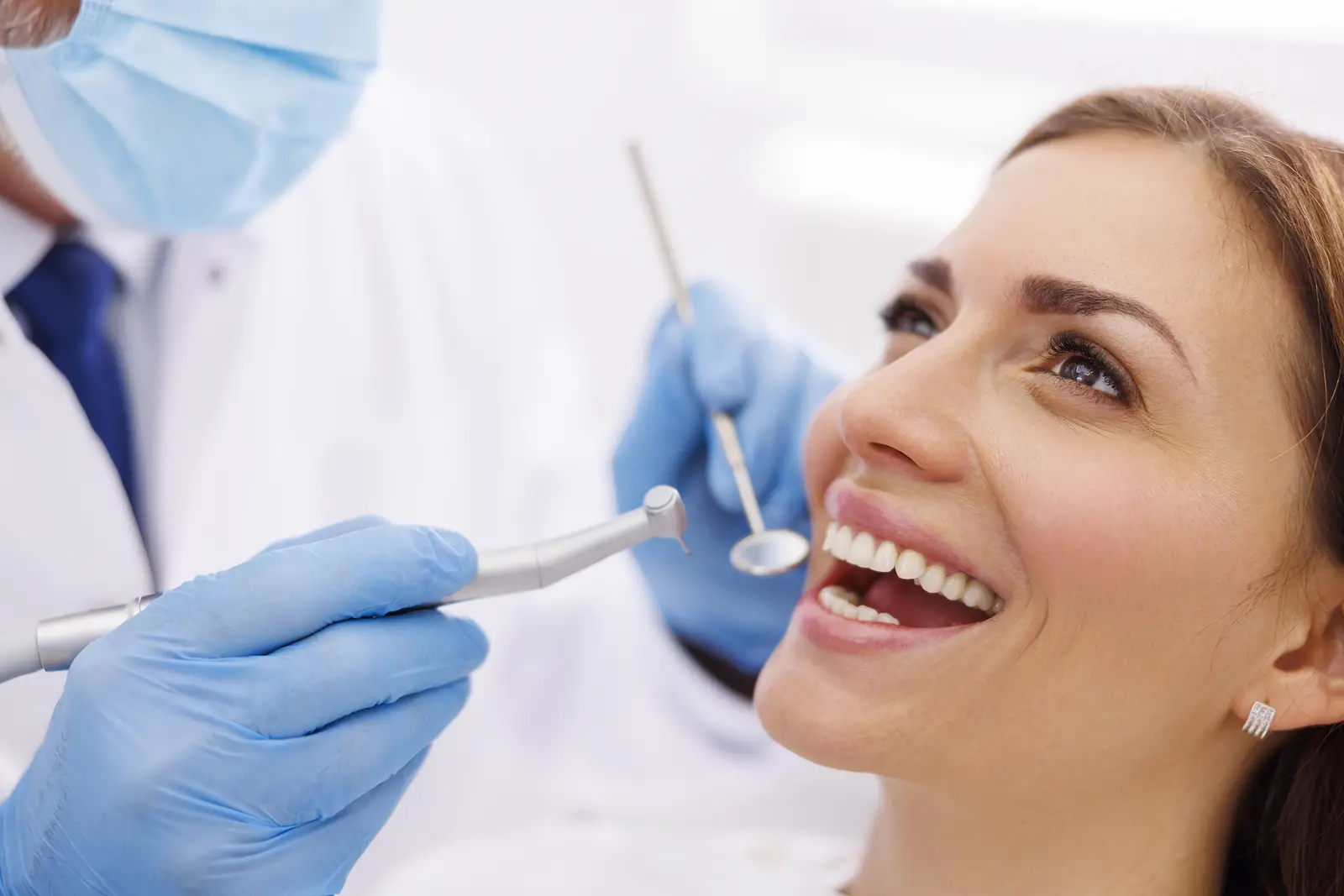How Do You Deal With Anxiety Before a Tooth Extraction
Posted by Texas Oral Surgery Group Aug 09, 2022

Tooth extraction in Denton is often a routine task for dentists. However, it is a cause of concern and anxiety for some patients. Some people would do anything to avoid oral surgery out of fear of the dentist’s chair. Unfortunately, doing so has severe consequences for their dental health.

Why Do People Fear the Dentist’s Chair?
Dental anxiety is a prevalent phenomenon. According to researchers, as many as 36% of the population in the United States feel jittery about dental procedures. This fear leads to poor oral health, eventually degrading people’s quality of life.
Previous trauma is the most significant factor in developing a fear of the dental clinic. Patients may have had an extremely uncomfortable experience with the dentist in the past that’s affecting their perception. The thought of future appointments triggers memories and causes anxiety.
In extreme cases, people develop dental avoidance. The patient is so afraid that they’ll come up with ways to defer the appointment, including getting sick or having nervous breakdowns.
Some studies also observed a link between personality and dental anxiety. A Finnish study found that introversion and neuroticism positively correlate to dental phobia and avoidance.
What Could Happen If You Avoid Tooth Extraction Even When Necessary?
Your dentist will recommend tooth extraction if cavities have irreparably damaged your tooth. Extraction may also be necessary if you’ve experienced facial trauma that injured your tooth beyond repair.
Below are some of the conditions in which your dentist will advise you to have your tooth extracted. Refusing to do so out of fear will escalate the damage.
Pulpitis
The larger the cavity, the deeper the bacterial infection in your tooth is. A large hole means that bacteria have burrowed into the inner layers of the teeth after damaging the enamel. The microbes will eventually reach the pulp, the teeth’s third layer.
If the infection reaches this tier, it will sever nerve endings and cut off nourishment for the root. This is fatal for your teeth. The bacteria could also enter the bloodstream through the pulp’s blood vessels and spread to other teeth or throughout the body.
Periodontitis
This condition is gum disease in its advanced stages. This occurs when too many bacteria gather where the tooth meets the gum. The first symptom is gum recession: the gums move backward and open a flap that is now vulnerable to bacterial infection. Any subsequent affliction on those flaps will damage the bone and loosen the tooth, leading to loss.
Pericoronitis
This dental ailment is caused by a partially erupted wisdom tooth, which is usually impacted. The rise of the crown forces the gums to open. However, the incomplete growth leaves a part of the gums open. Like periodontitis, pericoronitis occurs when bacteria rush to that entrance and infect it. It causes gum inflammation and dental abscesses that could spread to neighboring teeth.

How to Ease Your Own Anxiety Before Extraction
If you feel afraid about undergoing any dental surgery, there are actions that you could take to address your worries.
Talk to Your Dentist
It helps to talk to the dentist about the extraction. Some people find that understanding the procedure helps eliminate apprehension or fear of what’s to come. Talking to your oral surgeon also enables you to decide if your anxiety would need sedation.
Ask for Sedation
Sedation is available for individuals that find it challenging to sit in the dental chair for a procedure. These medicines calm the patient down and make them cooperative with the surgery. If you feel anxious about your upcoming tooth extraction, you can ask your dentist for sedation.
There are four types of sedation available. These are:
- Nitrous oxide
Your dentist will let you breathe the gas through a mask when preparing for the procedure. The drug takes effect quickly. Although you are aware of the surgery, the gas will let you relax enough to not feel anxiety or fear.
- Oral sedative
You may take sedative pills like Halcion for mild to moderate sedation. These are to be taken sixty minutes before your procedure. These drugs induce drowsiness and sleep, although you will remain responsive to poking and shaking. You may remember little of the operation, minimizing potential trauma.
- Intravenous sedation
IV sedation is moderate sedation administered through a vein. You don’t have to wait long to feel the effects. The oral surgeon can also monitor your levels of sedation through this method.
- Deep sedation
Deep sedation renders you unconscious for the entire extraction. A dental anesthesiologist usually manages this option while your dentist focuses on the surgery.
Except for nitrous oxide, you will not be able to drive home after the extraction. The medicines have potent effects that affect your cognitive abilities. They also take time to wear off.

You Can Avoid Tooth Extraction in Denton Through Good Oral Hygiene
You can prevent tooth decay and future extraction by observing oral hygiene and regularly visiting your dentist for dental cleaning and check-ups. If you need oral surgery, contact us and book your next appointment.
Our Locations
3713 W 15th St, #403, Plano, TX 75075
Phone: (972) 596-9242
Email: dduran@oms360.com
Fax: (972) 612-0787
- MON - THU8:00 am - 4:30 pm
- FRI8:00 am - 3:00 pm
- SAT - SUNClosed
2711 Shoreline Dr, #131, Denton, TX 76210
Phone: (940) 387-9015
Email: dduran@oms360.com
Fax: (940) 898-1649
- MON - THU8:00 am - 4:00 pm
- FRI8:00 am - 2:00 pm
- SAT - SUNClosed
- MON - WEDClosed
- THU8:00 am - 4:00 pm
- FRI - SUNClosed
- MON - MONClosed
- TUE - TUE9:00 am - 4:00 pm
- WED - SUNClosed








